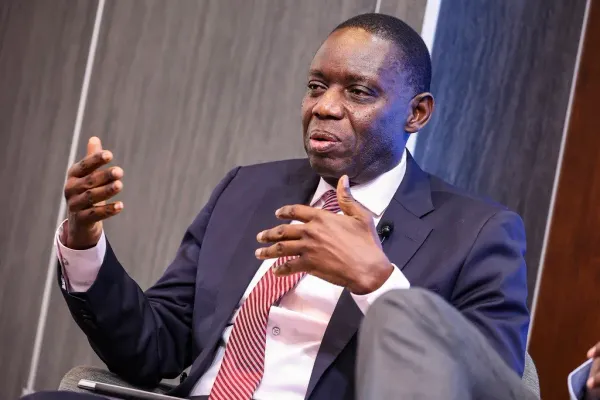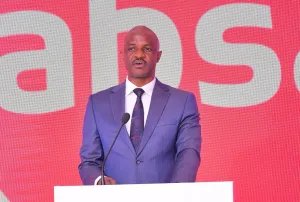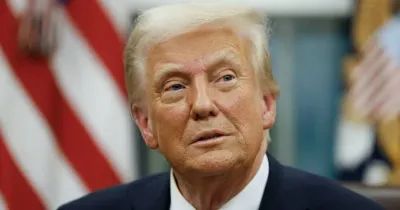Latest News
latest
- Uganda Marks International Condom Day 2026 With Free HIV Testing and Condom Distribution
- Uganda Cleared to Export Fish and Other Animal Products to EU: Major Boost for Aquaculture and Livestock
- 2025 UCE Results Uganda: Full Statistics, Result 1–3, and How to Check
- UCE New Grading System Explained: UNEB Achievement Levels (A–E) Under the NLSC Curriculum
- Annual Review of Uganda’s Private Sector Development Programme Highlights Funding and Economic Growth
- Kabale Police Arrest 72 Youths in Nationwide Job Scam Operation
- Green Loans in Uganda: How Businesses Can Benefit from EU-Backed Financing
- CDF Appoints Brigadier Jackson Pande Kajuba New Armoured Division Commander
- UNEB to Release 2025 UCE Results Tomorrow February 13
- IGG Inspection Reveals Serious Failures at Mbarara Regional Referral Hospital
- Senior One Selection for 2025 PLE Candidates starts as Schools Set New Cut-Off Points
- UPDF Armoured Division Commander Maj Gen Deus Sande Dies
EACOP Project Reaches 79% Completion as Construction Peaks in Uganda and Tanzania
'The East African Crude Oil Pipeline (EACOP) has reached 79 percent completion, with construction progressing rapidly in Uganda and Tanzania as the project advances toward commissioning in 2026.'



































